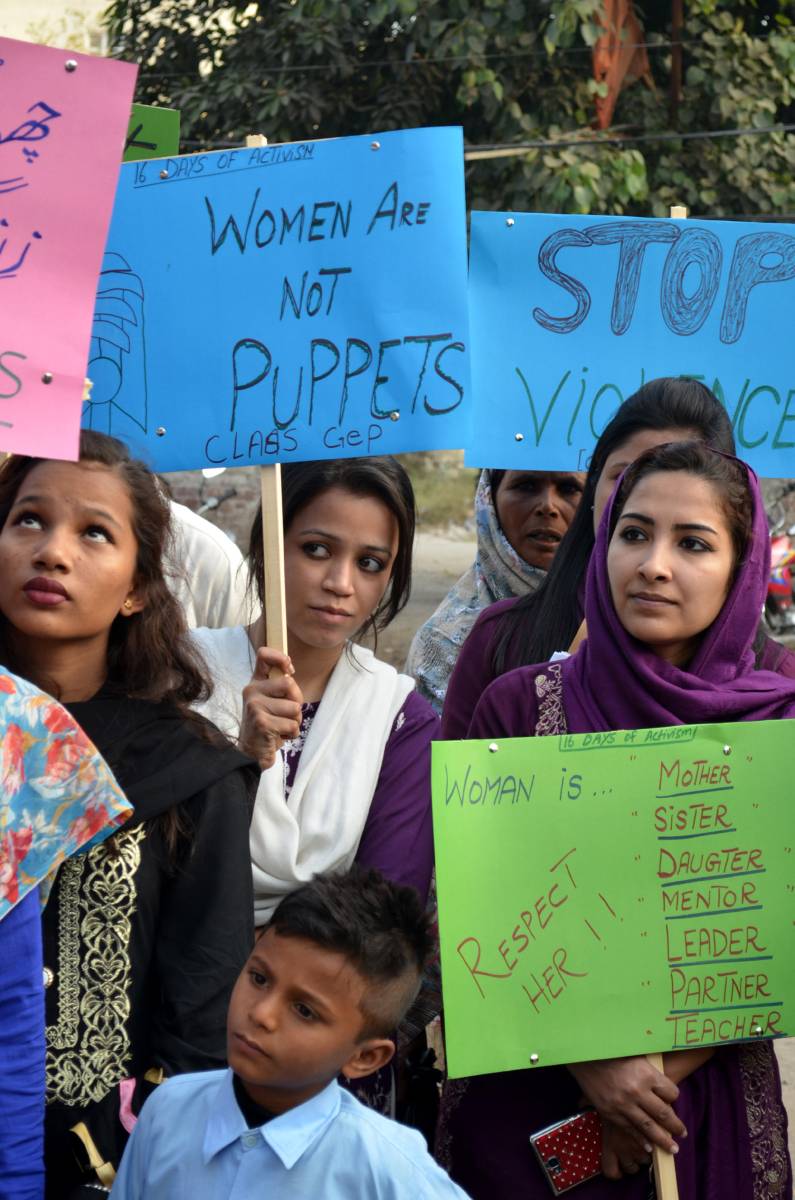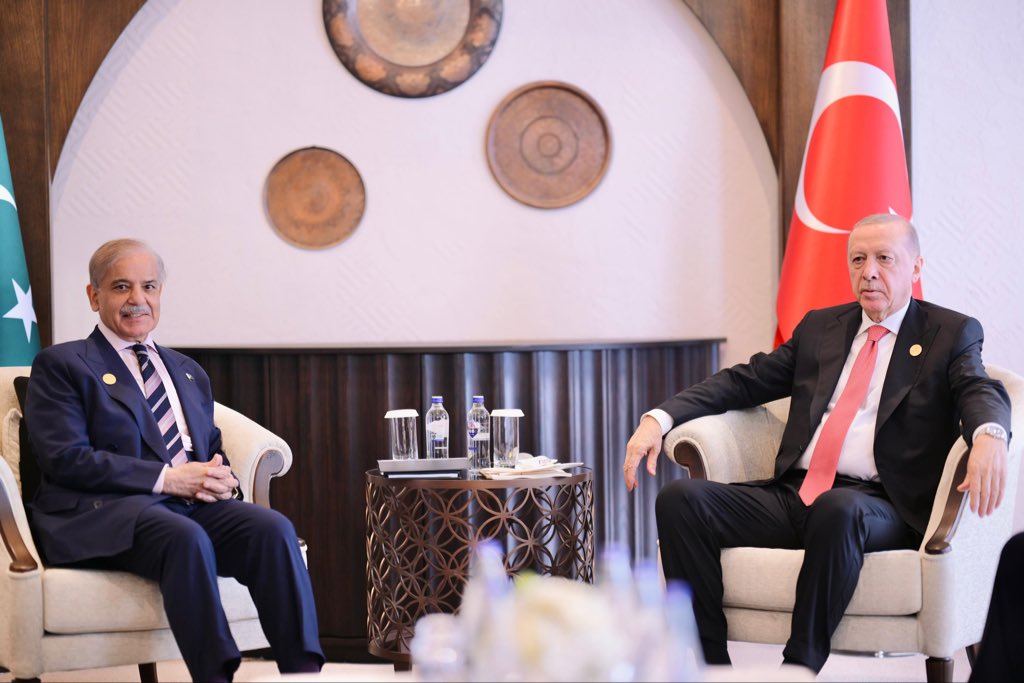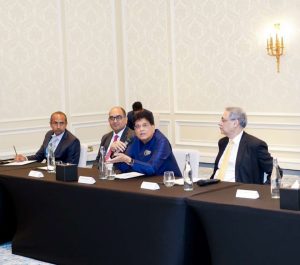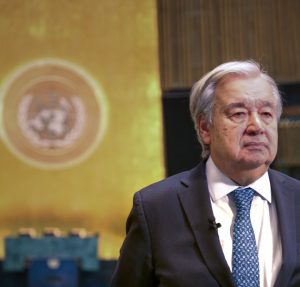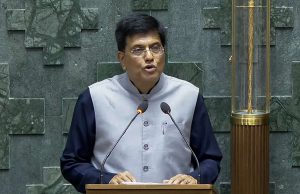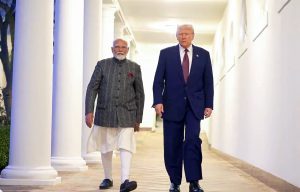Dozens of people joined a rally on Friday in Islamabad carrying placards bearing the names, pictures, and date on which their love ones went missing….reports Asian Lite News
Pakistanis who say their relatives have been forcibly made to disappear at the hands of security forces are demanding the government provide information about their fate, Radio Mashaal reported.
Dozens of people joined a rally on Friday in Islamabad carrying placards bearing the names, pictures, and date on which their love ones went missing.
Rights activists say more than 8,000 people have been abducted by Pakistan’s security agencies over the past two decades during operations against alleged militants, leaving hundreds of families with no knowledge of their whereabouts or whether they are still alive, the report said.
Activists also complain that those responsible for committing enforced disappearances are not being held accountable.
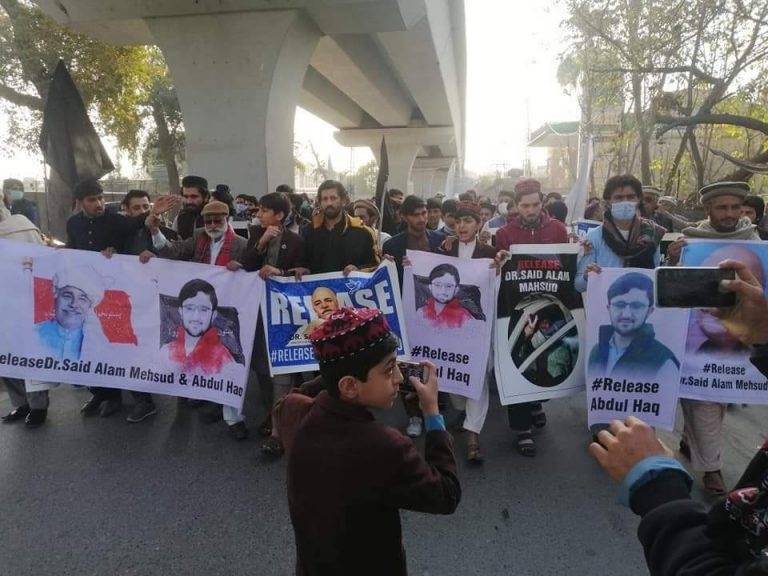
Pakistani authorities reject the allegations, saying many of the disappeared were either killed in operations against Islamist militants or crossed into Afghanistan to hide.
On November 8, the lower house of Pakistan’s parliament passed a bill criminalizing enforced disappearance. But the amendment also foresees penalties of up to five years’ imprisonment and 100,000 rupees ($563) in fines for anyone found guilty of filing a complaint with information “that proves to be false.”
The bill, which has been criticized by human rights defenders, needs to be approved by the Senate and signed by the president to become law.
“Relatives of victims of enforced disappearance are already often reluctant to report cases or exchange information with Government officials, either for fear of reprisals or lack of trust,” a group of UN experts said in a statement.
“If passed, this law would undoubtedly lead to an increased underreporting of the crime, and foster impunity for the perpetrators,” they added.
Last month, Amnesty International said cases of enforced disappearance had been documented in Pakistan since the mid-1980s, but the “abhorrent” practice has been “routinely used” by Pakistan’s intelligence services over the past 20 years to target human rights defenders, political activists, students, and journalists, “with the fate of hundreds of victims still unknown”, the report said.

